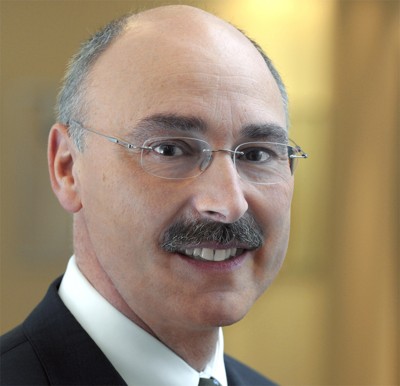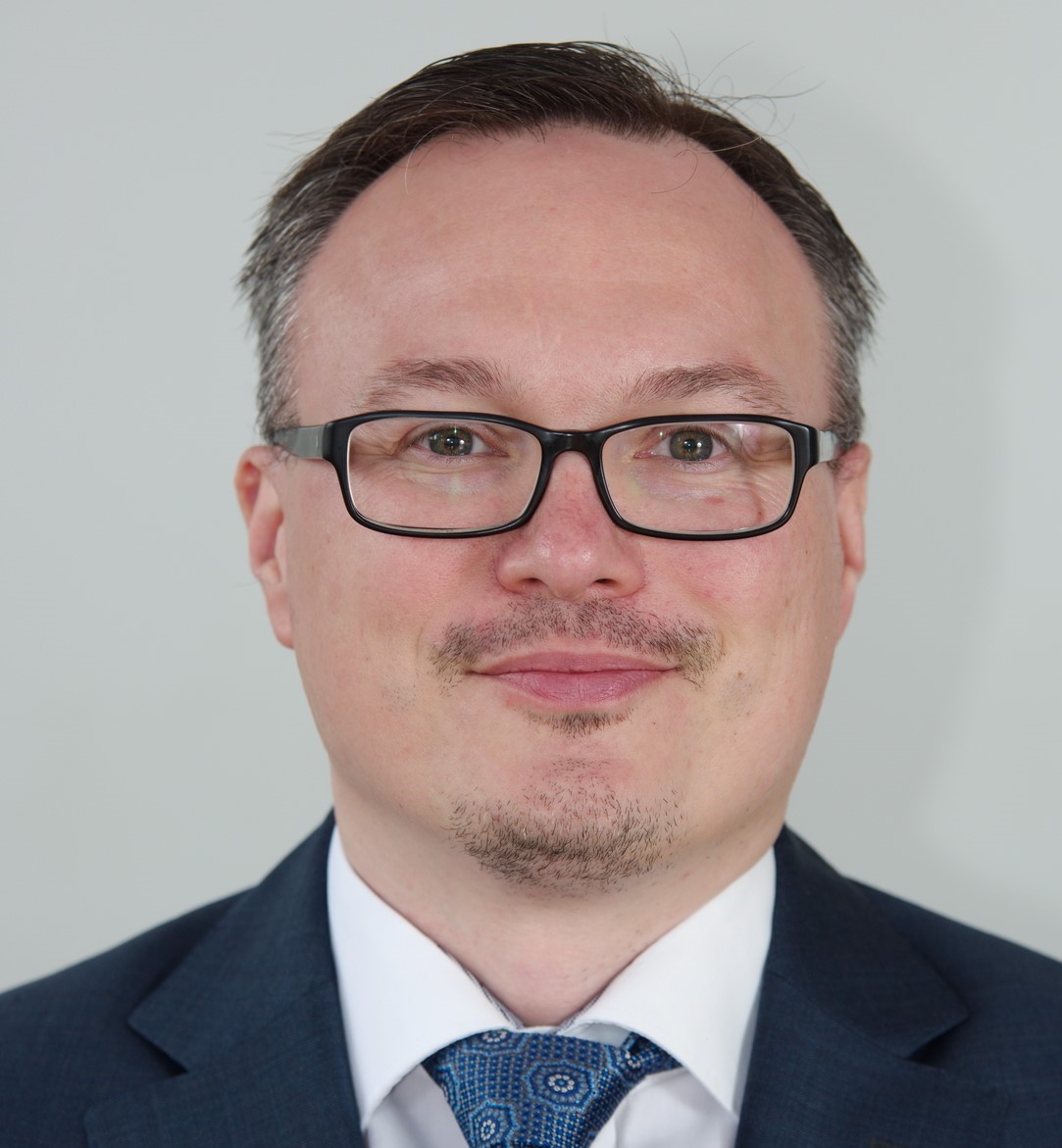We saw Brexit; we saw the trade war between USA and China; and there were questions
Co-author: Hans Melchiors, Board Member and Head of Corporate Pensions, PSVaG management board
As one German insurance industry magazine put it, right now it’s the “quiet before the storm” at PSVaG, which insures German corporate pension benefits. The PSV (the Pension-Sicherungs-Verein or Pension Insurance Association) was set up by the German government in 1975 as a mutual insurance company and now backstops pension plans at some 95,000 employers across Germany and Luxembourg.
The PSV has been reviewing its administrative procedures and investment portfolio because COVID-19 has triggered a global economic downturn that is likely to mean “an increase in insolvencies that require company pensions to be covered,” says Hans Melchiors, a member of the PSV management board. The early warnings are already there, adds Marco Kretschmann, who head up investment risk management at the PSV: “We currently expect a higher than usual insolvency rate,” and that means, “We will need liquidity because there will be more claims.”
 The PSV, which is headquartered in Cologne and financed by assessments levied on participating employers, has assets of about €7.5 billion, most of which is invested in bonds. Last year, PSV was already getting its portfolio prepped for a potential deluge, Melchiors says: “We saw Brexit; we saw the trade war between USA and China; and there were questions whether there would be a recession or not in the US.” Moreover, in the second half of 2019, “We saw a soft landing of our economy,” he adds, and, “because of everything that was happening, we started into 2020 with a pessimistic view.” That proven to be decidedly useful as markets tanked because of the outbreak of the corona virus. The PSV got very cautious and as a result, the risk management team was able to protect large parts of the portfolio.
The PSV, which is headquartered in Cologne and financed by assessments levied on participating employers, has assets of about €7.5 billion, most of which is invested in bonds. Last year, PSV was already getting its portfolio prepped for a potential deluge, Melchiors says: “We saw Brexit; we saw the trade war between USA and China; and there were questions whether there would be a recession or not in the US.” Moreover, in the second half of 2019, “We saw a soft landing of our economy,” he adds, and, “because of everything that was happening, we started into 2020 with a pessimistic view.” That proven to be decidedly useful as markets tanked because of the outbreak of the corona virus. The PSV got very cautious and as a result, the risk management team was able to protect large parts of the portfolio.
 In order to reassesses its portfolio, Kretschmann says, “We went to our direct investments, and we re-examined every single issuer and asked what sector do they belong to, and how this sector is exposed to the corona virus? We concluded that only 3.5% of our positions are in sectors that are highly affected by corona. The robustness of the portfolio is an achievement of our conservative investment approach.” PSV’s highly diversified portfolio of high grade corporate and government bonds, plus many of Germany’s unique covered bonds “is designed so that we can sleep well – that is really important to us.” Melchiors agrees: “Our focus is always on liquidity and safety. This is also reflected in the portfolio rating of A+.” The same emphasis on safety is clear when it comes to equities, he says: “We have a low proportion. We don’t give out detailed figures, but it’s under 10%.” Kretschmann adds that, “By the end of February we decided to hedge our European equity positions, right before the EuroStoxx 50 lost 30%. That helps us to preserve our capital reserves“.
In order to reassesses its portfolio, Kretschmann says, “We went to our direct investments, and we re-examined every single issuer and asked what sector do they belong to, and how this sector is exposed to the corona virus? We concluded that only 3.5% of our positions are in sectors that are highly affected by corona. The robustness of the portfolio is an achievement of our conservative investment approach.” PSV’s highly diversified portfolio of high grade corporate and government bonds, plus many of Germany’s unique covered bonds “is designed so that we can sleep well – that is really important to us.” Melchiors agrees: “Our focus is always on liquidity and safety. This is also reflected in the portfolio rating of A+.” The same emphasis on safety is clear when it comes to equities, he says: “We have a low proportion. We don’t give out detailed figures, but it’s under 10%.” Kretschmann adds that, “By the end of February we decided to hedge our European equity positions, right before the EuroStoxx 50 lost 30%. That helps us to preserve our capital reserves“.
The changed investment outlook is holding back some plans for new directions, Kretschmann says: For example, “We started a private debt project because of the low interest rate environment. We wanted to increase returns by making some investments in longer-term and illiquid assets.” But now, he says, “We are expecting an increased liquidity requirement so at the moment we have stopped the private debt project.” In addition, last year, the PSV started to consider ESG criteria in the investment process. Melchiors says, “We want to use them. But we are careful at the moment because the rules are not clear for sustainability, so we are not sure that we can have a sustainable investment for a long time.”
Overall, Melchiors says, despite the coronavirus, the PSV portfolio is healthy, but PSV wants to be ready for a potential epidemic of pension defaults.
Marco Kretschmann and Hans Melchiors are members of II Network. To discuss the content of this article and further engage with them, comment below.

